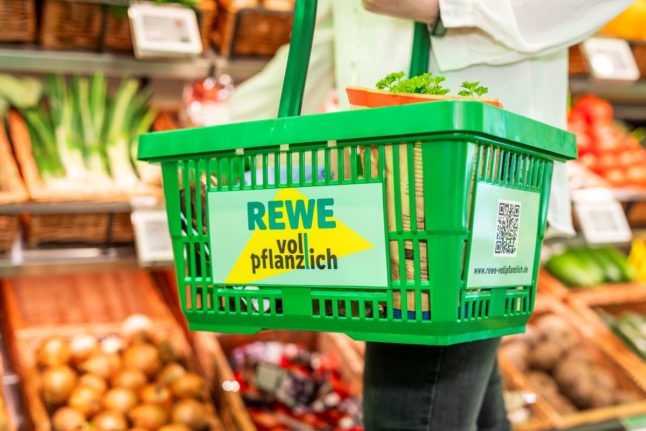We updated this article on May 23rd 2022.
With the assistance of the Allied powers, West German states – or Bundesländer – formulated das Grundgesetz over a number of conferences in 1948. It fully came into effect on May 23rd, 1949.
While the Grundgesetz or ‘Basic Law’ was written with the former West Germany foremost in mind, it was also devised to extend to citizens of East Germany, on the other side of the Iron Curtain. In 1990, with the reunification of the country, it was formally adopted by all the states of contemporary Germany.
Despite not having the word ‘Verfassung’ or constitution in it, the Basic Law contains all the features of a constitution and has functioned effectively as one for decades.
#OTD in 1949, the Grundgesetz (Basic Law) gave West Germany its constitution. The word 'Verfassung' (constitution) was avoided to highlight that this was a temporary solution while Germany was divided. However, when Germany was reunited, it stayed and is still valid today. pic.twitter.com/W66xMDc5fS
— Katja Hoyer (@hoyer_kat) May 23, 2022
The document opens with a number of important articles, and has 146 in total.

One of a number of parliamentary meetings in Bonn, capital of former West Germany, on September 9th, 1948, in which the Grundgesetz’ drafting took place. Photo: DPA
First, and the article upon which all others rest, is the following: “Human dignity shall be inviolable. To respect and protect it shall be the duty of all state authority.”
Following that are articles that enshrine personal freedoms such as freedom of religion, freedom of expression and equality before the law. Press freedoms are also written into the law, as are freedom of assembly and association.
The German Basic Law (#Grundgesetz) came into effect on this day in 1949. The US supported the creation of this document that binds our united country. In fact, it was partially inspired by the US Constitution.
It’s a foundation of equal rights, rule of law, and human dignity. pic.twitter.com/LYnd802HtG
— Emily Haber (@GermanAmbUSA) May 23, 2022
The right of Germans to resist an elected figure or state authority that insists on violating these constitutional principles is also a core principle of the Grundgesetz, providing that there is no other legal remedy. This also extends to the military – those serving in the Bundeswehr are able to refuse an order if they believe it to be unconstitutional.
These preliminary articles all serve to prevent a repeat of the horrors of the Nazi period. Human rights are placed front and centre – they are considered inviolable, and take precedence over all other constitutional aims.

Two women read Article 6 of the Grundgesetz, which describes state protections for families and children, at the Bundestag in Berlin. Photo: DPA
While most consider the Grundgesetz to have granted more than 70 years of stability, there are some criticisms. Hundreds of amendments have been made since the ratification of the Grundgesetz, and some politicians and organisations have argued that it is still unwieldy in dealing with the specific complexities of the 21st century.
Others believe that the Grundgesetz does a lot to restrict freedom of speech, with its blanket emphasis on preventing speech or publication viewed as unconstitutional. Subjectivity, they say, plays a large role, and the emphasis must no longer be on quashing certain beliefs, but rather examining them.
That said, the Grundgesetz has undeniably contributed to the unprecedented decades of relative peace and prosperity that Germany has enjoyed since 1949.
To learn more about the Grundgesetz, a visit to the Bundestag in Berlin in the spectacularly re-designed Reichstag building is highly recommended.
Otherwise, English copies of the Grundgesetz are available online for those who want to understand how this document helps maintain the environment that allows Germans to prosper to this day.
DISCOVER:
German Bundestag / Platz der Republik 1, 11011 Berlin




 Please whitelist us to continue reading.
Please whitelist us to continue reading.
Member comments